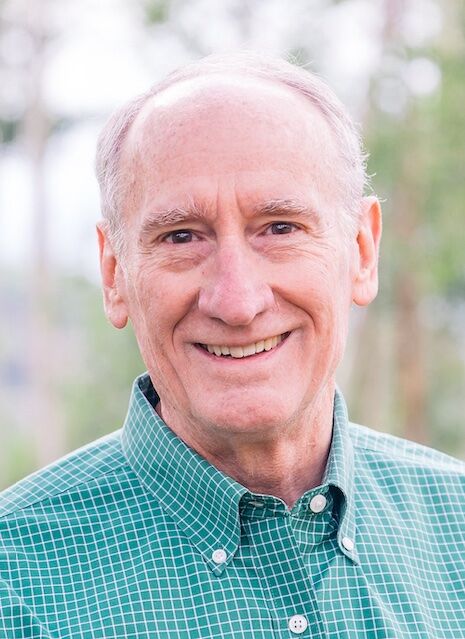Clean-slate legislation needed in Colorado


Colorado’s recovery is slowing in the face of a workforce shortage. Job levels are 48% lower than they need to be to see a full economic recovery by 2023. We have thousands of open positions, and vital industries like construction are short thousands of workers. Despite this, we currently restrict access to employment for millions of Coloradans – often completely unnecessarily – due to criminal or arrest records.
I founded Kobeyo to revolutionize the way jobs are filled here in Colorado and around the world, with only the right kind of candidates applying to the jobs they’ll be best at. Justice-impacted individuals have to be part of the talent solution in Colorado going forward.
Clean-slate legislation, which automatically seals certain records if a person remains crime-free, is a common-sense solution to this issue. By providing access to work, housing and education to deserving individuals who have done their time, we can help get them back on their feet, equip them to provide for their families and allow them to contribute to our economy.
The individuals concerned are already entitled to this relief – clean slate simply gives it to them. More than one in three, 34%, of Coloradans with old records are currently eligible to have them sealed. But the existing petition-based process is costly and complicated. Due to a lack of required funds and access, only about 5% end up having their records sealed. As it stands, cost and complication are unnecessarily holding people back. But we can rectify this injustice by automating the process.
It will help employers maximize the potential of a vast, diverse, skilled, and underutilized talent pool. Workers with records have been repeatedly shown to be very loyal and hardworking, which translates to measurable benefits for those who hire them. Retention rates are often higher, and turnover is lower, which significantly reduces recruitment costs, often to the tune of 4,000 dollars-per-employee. Many companies have recognized the untapped talent of justice-impacted communities and committed to hiring people with records. However, clean slate laws remove the human-resources burdens of such practices by pre-vetting candidates and, thus, increasing the pipeline of qualified prospective workers.
It will make Colorado a better place to live and work. By removing barriers to employment and housing, we can confront urgent social issues like first-time homelessness, which doubled in Denver last year. It will also make our communities safer. Right now, 50% of people leaving prison in our state will find themselves back inside within three years. But finding stable employment is one of the most important factors in determining whether someone will re-offend. And by not needlessly locking people out of the labor market we can help reduce crime.
Clean slate will help families. Nearly half of all U.S. children now have at least one parent with a criminal record, which has well-documented negative impacts on family outcomes and well-being. These children are undeniably blameless – they shouldn’t have to suffer, and have their opportunities curtailed, for a parent’s offense. The number of Colorado children with at least one unemployed parent reached a 50-year high in 2021. We should be doing everything in our power to give them the chances in life they deserve.
Automatic sealing could also reduce taxpayer costs in a variety of ways. By helping individuals provide for themselves and their families, we reduce reliance on government support. By increasing public safety, it alleviates the burden on law enforcement. By streamlining and automating an established record-sealing process, it increases efficiency. It represents exactly the kind of evidence-based and fiscally-responsible policy that we should expect from good government.
Places that have implemented clean-slate legislation have already seen an increase in employment, safety and living standards. People in Michigan who had their records sealed saw their wages increase by an average of 22% in just one year. States like Michigan and Pennsylvania are rebuilding their workforces, filling jobs, revitalizing their economies – all while signaling a commitment to equity and inclusiveness. If Colorado wants to compete post-pandemic, we should do the same.
Bryant Dulin is founder and CEO of KOBEYO, a digital recruiting platform.










